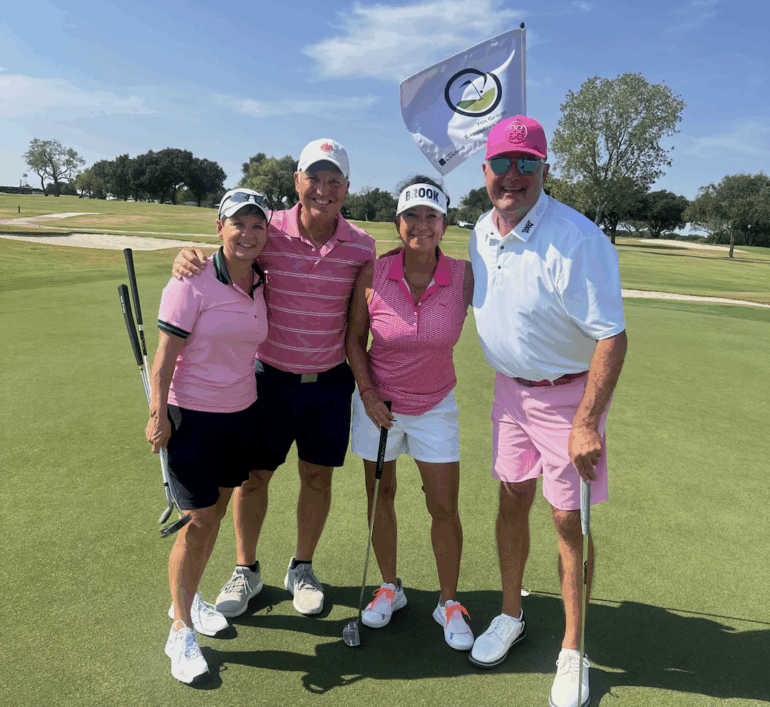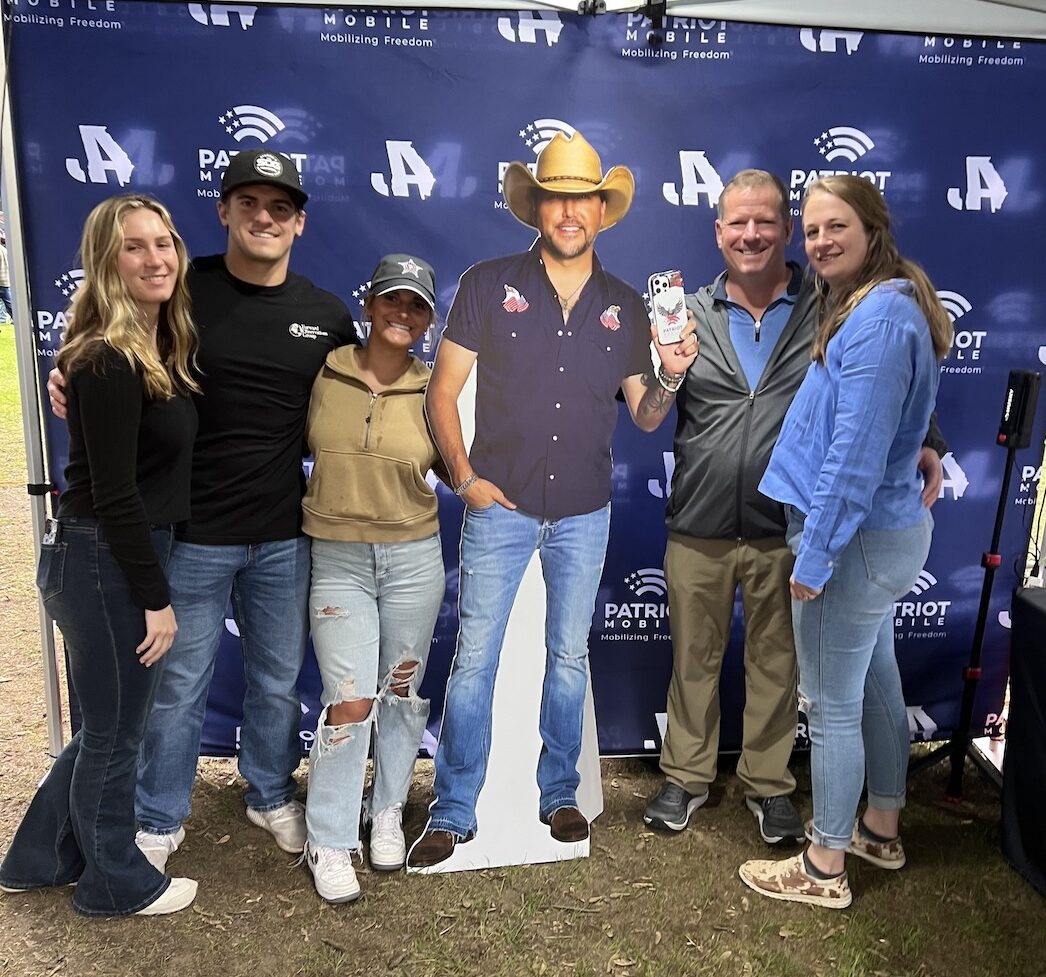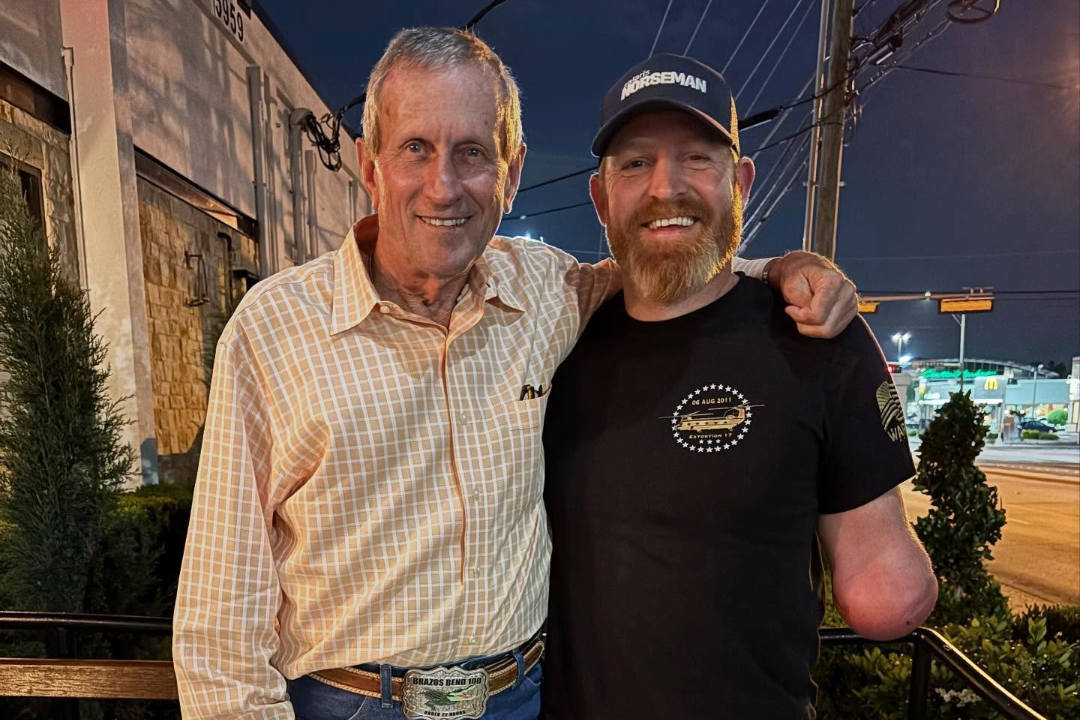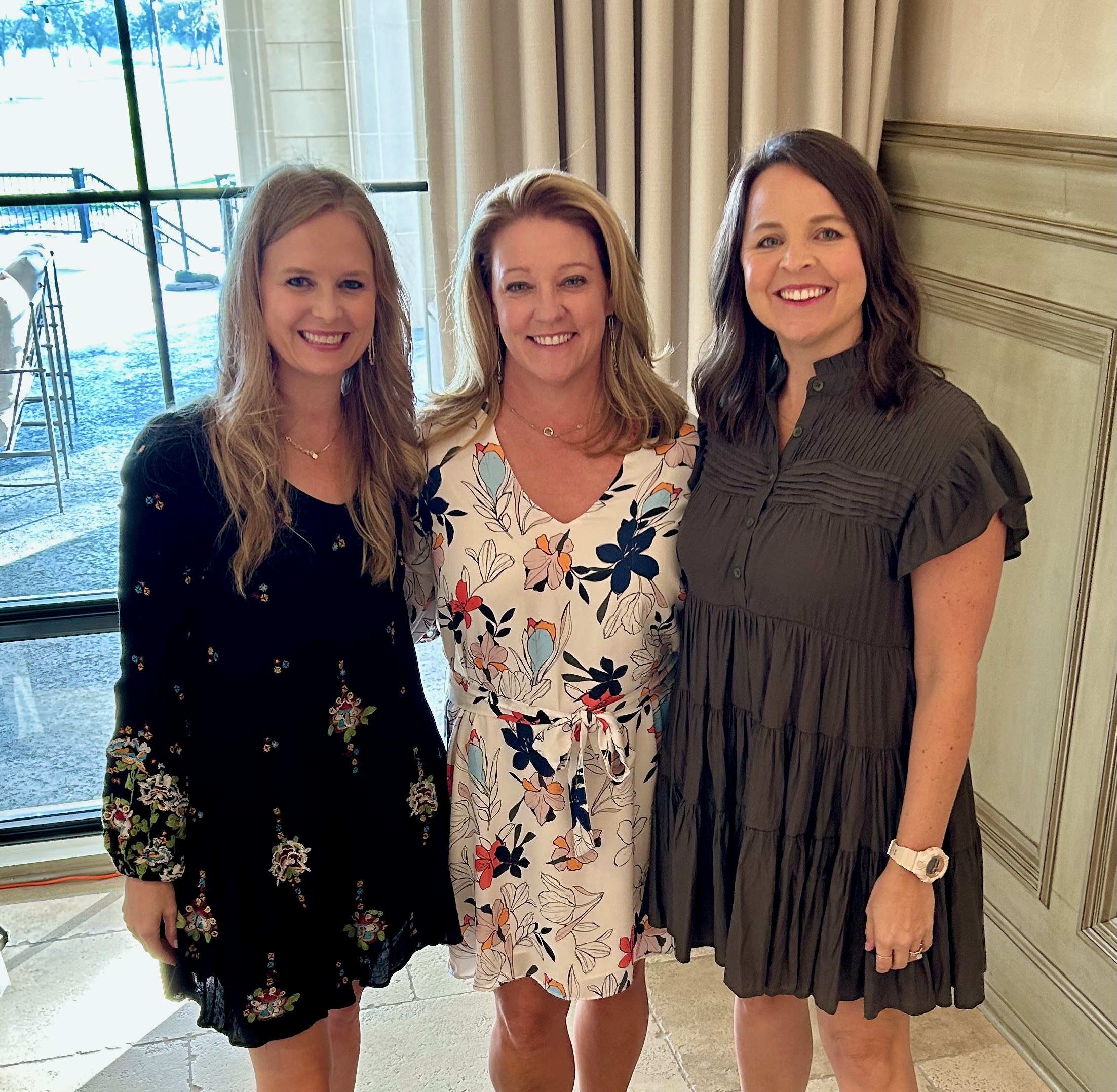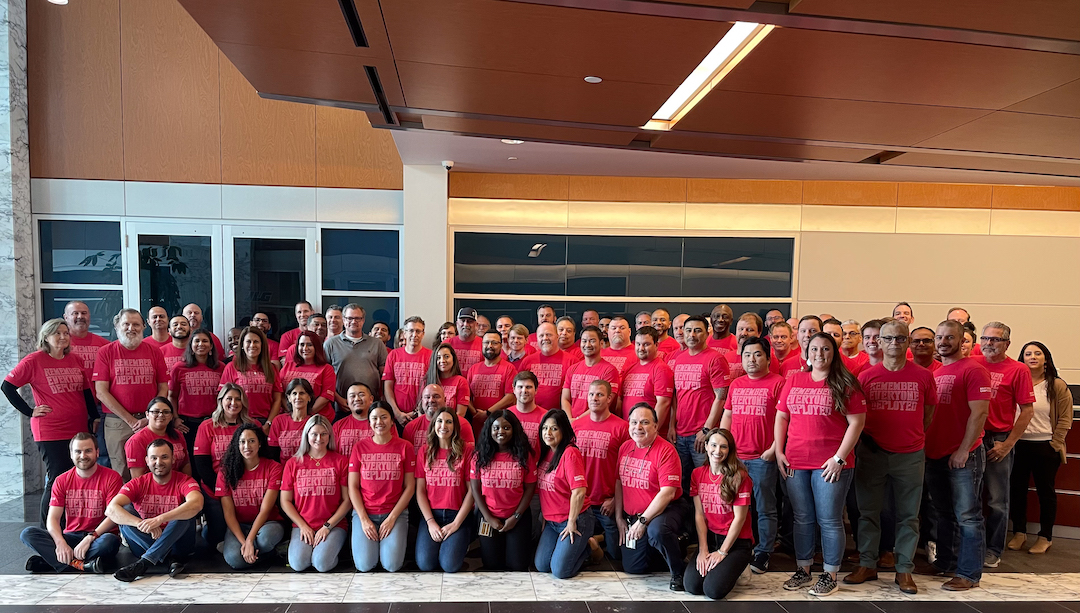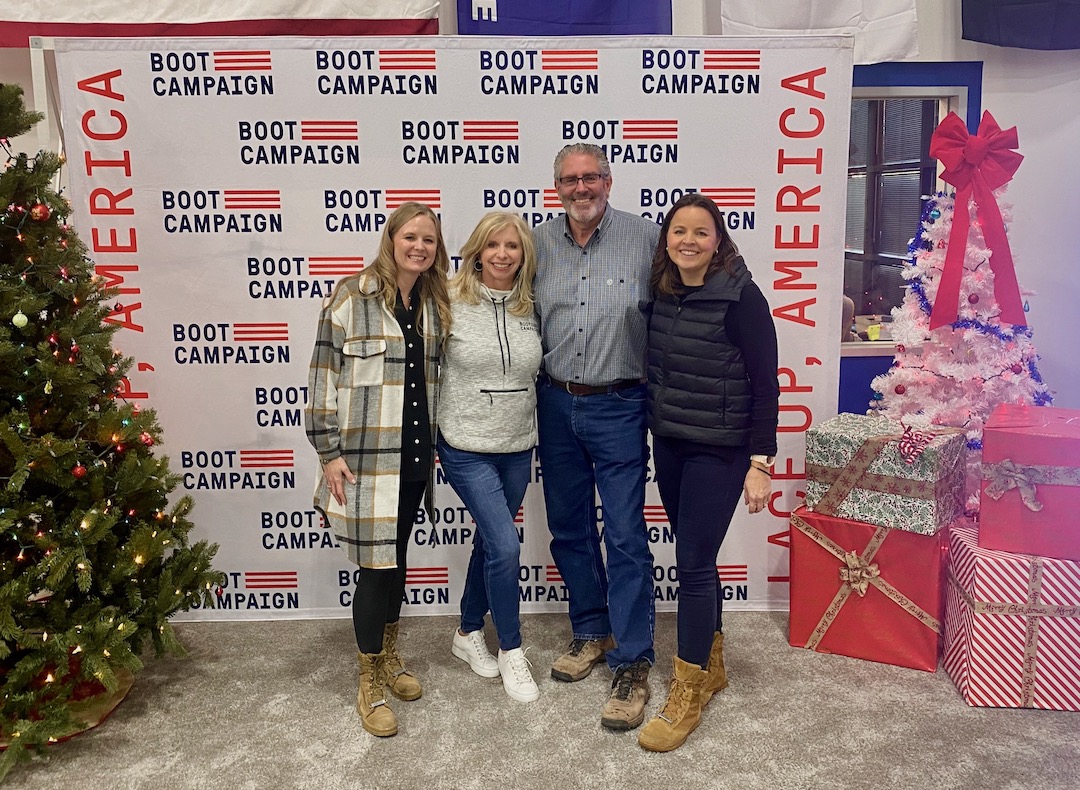Help for Veterans with Low T

It takes guts to fight a war on foreign soil, facing danger, uncertainty and a high probability for injury every day. Yet they do it; they patrol disputed territory, disarm explosives and battle enemy fire like it’s their job. Because it is. According to an October 2014 Congressional Research Service report, more than 52,000 servicemen and women were injured in combat between 2001 and 2014, and while it’s more common these days to see prosthetic limbs and visible scars when service members come home, some wounds go unseen. Present-day veterans are less likely to suffer Post Traumatic Stress Disorder (PTSD) in silence, allowing hundreds of thousands to get help without the fear and shame common in the past. Low testosterone, however, is a different story. It’s personal, it’s uncomfortable and it takes guts just to talk about it. It’s a conversation worth having.
Ohio-born Cory Szucs enlisted in the Marine Corps not far out of high school, joining in 2009 as a Motor Transport Operator. His first deployment took him to Helmand Province, Afghanistan in July 2010. The very next month, on August 24, 2010, Szucs drove over an Improvised Explosive Device (IED). He doesn’t remember much about the accident, only waking up in Landstuhl Regional Medical Center in southwestern Germany. His injuries were severe: his left leg had been amputated and his right testicle had been removed. Though his left testicle remained intact, it was non-functional. Szucs spent his long-term recovery at Walter Reed Army Medical Center and retired from the Marine Corps in November 2011.
While most of Szucs’ physical recovery progressed well, his low testosterone level (low T) was a problem. “Physically, you lose muscle mass and your ability to build muscle. You lose your libido and all your confidence. You have no energy or desire to do anything. Mentally you become more irritable and anxious. It’s harder to focus on anything, but you somehow overthink simple things, and in doing so, make yourself angry,” he explains. He knew he needed help, but the Department of Veterans Affairs offered none. He turned to the Cleveland Clinic and was prescribed anti-depressants, not low T therapy. Szucs needed something more.
During his recovery at Walter Reed, Szucs met fellow Marine Joey Jones, who is now the Chief Operating Officer for the Boot Campaign. The two became friends and kept in touch after they parted ways. In November of 2014, Szucs joined Jones at Boot Ride in San Antonio, Texas, a motorcycle rally and concert benefitting the Boot Campaign. Jones introduced him to Eric Sardina, Director of Marketing and Business Development for Low T Center and the one who would finally get Szucs the help he needed.
“My life has been getting better ever since,” he continues, “I go to the Low T Center once a week for testosterone injections. My level was about the same as a teenage girl, now it’s almost normal. They did whatever they had to do to get me where I needed to be.” While Low T Centers don’t typically treat men under age 40, their commitment to supporting veterans allowed for an exception for the combat-wounded Marine.
It’s a tough first step, but Low T Center recommends all men have their testosterone levels checked, regularly if possible, and be aware of their optimal numbers. Szucs agrees. “It’s important for anybody with low testosterone to seek treatment because it affects your mood so severely. You literally won’t be the same person. You change physically and mentally.” The symptoms of low T include fatigue, increased body fat and decreased mental clarity, libido, motivation and drive. Treatment is simple and life-changing.
With his health steadily improving, Szucs can focus on making the most of his post-military career; he’s working toward earning a bachelor’s degree and hopes to become a lawyer in the future. He plans to attend more Boot Campaign events, too. “I always meet cool people that’ve done a lot of cool things, so it’s always a great experience. I’m so happy that I’m a veteran in 2015 instead of 1970 when veterans weren’t treated as well.”
It takes guts to serve your country, and guts to break the silence on a sensitive issue. We’re so thankful Cory Szucs is sharing his story so others can feel confident in getting help, too. Thank you to Low T Center for reaching out to Cory, for their continued support for the Boot Campaign mission and for their efforts to help service members, veterans and all men feel awesome.

